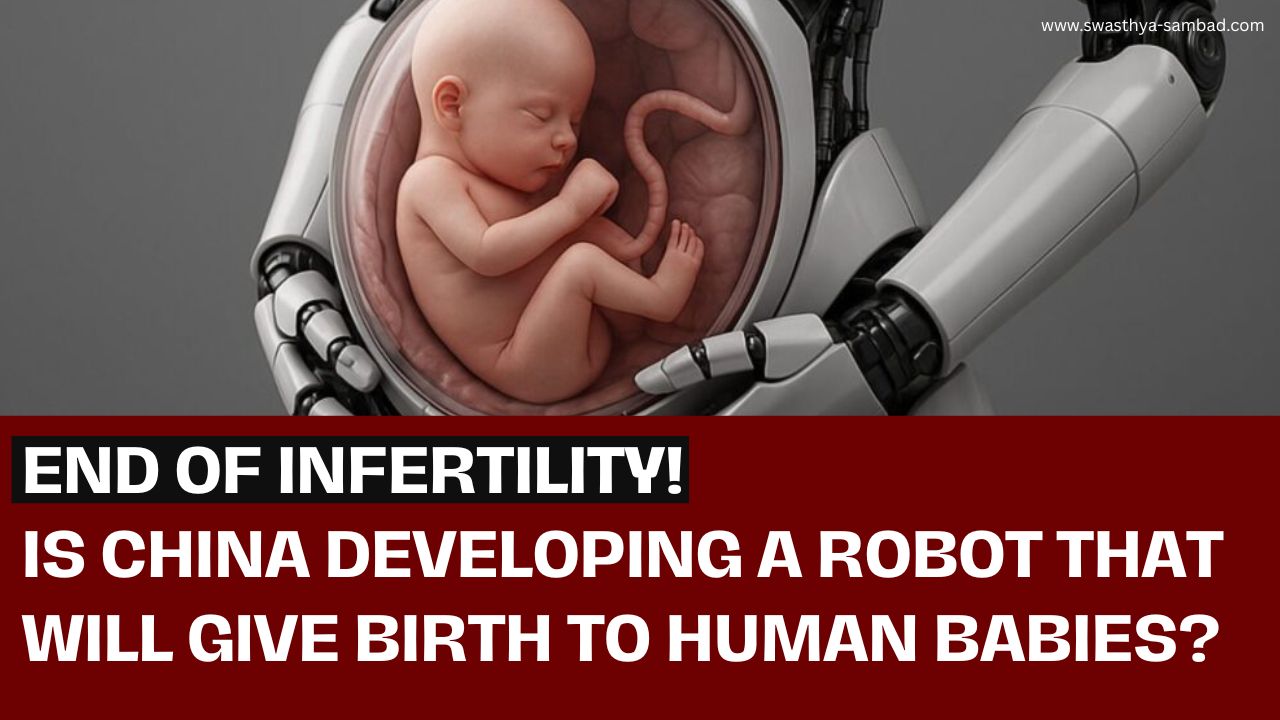China is pushing the boundaries of medical science with a bold new project — the development of a robotic system that can carry and give birth to a human baby. This futuristic initiative combines artificial womb technology with advanced robotics, and could transform the future of fertility and childbirth.
What Is Being Developed?
A team of scientists in China, led by researchers at Kaiwa Technology in Guangzhou, is working on a humanoid robot embedded with an artificial womb. The goal is to replicate the entire human pregnancy process — from embryo development to full-term childbirth — without involving a biological mother.
This robot would use a synthetic womb environment, complete with nutrient delivery systems and controlled temperature, to support fetal growth. A working prototype is expected to be revealed by 2026.
Why Is This Important?
If successful, this technology could offer a major breakthrough for people facing infertility, women with high-risk pregnancies, and even same-sex couples or single parents who want biological children without a surrogate.
It may also reduce risks associated with traditional pregnancy and childbirth — such as maternal complications, hormonal imbalances, or delivery trauma.
The robot’s estimated cost is around 100,000 yuan (about $13,900 USD), making it potentially more affordable than surrogacy in many countries.
The Challenges Ahead
Despite the excitement, the project raises serious ethical, social, and scientific questions:
- Will children born from machines develop the same as those born naturally?
- How will emotional bonds form between parent and child?
- Should robots be allowed to play a role this intimate in human life?
Technically, creating a fully functioning artificial womb is still a massive challenge. Mimicking the exact conditions of a human body — including immune responses and hormone regulation — is extremely complex.
The research team is reportedly working with local authorities to draft new legal and ethical guidelines for how this technology could be used in the future.
A New Chapter in Human Reproduction?
While the concept may sound like science fiction, China’s progress suggests that artificial births via robots may not be too far off. As the world watches closely, this development could reshape how we think about fertility, motherhood, and the future of childbirth itself.



